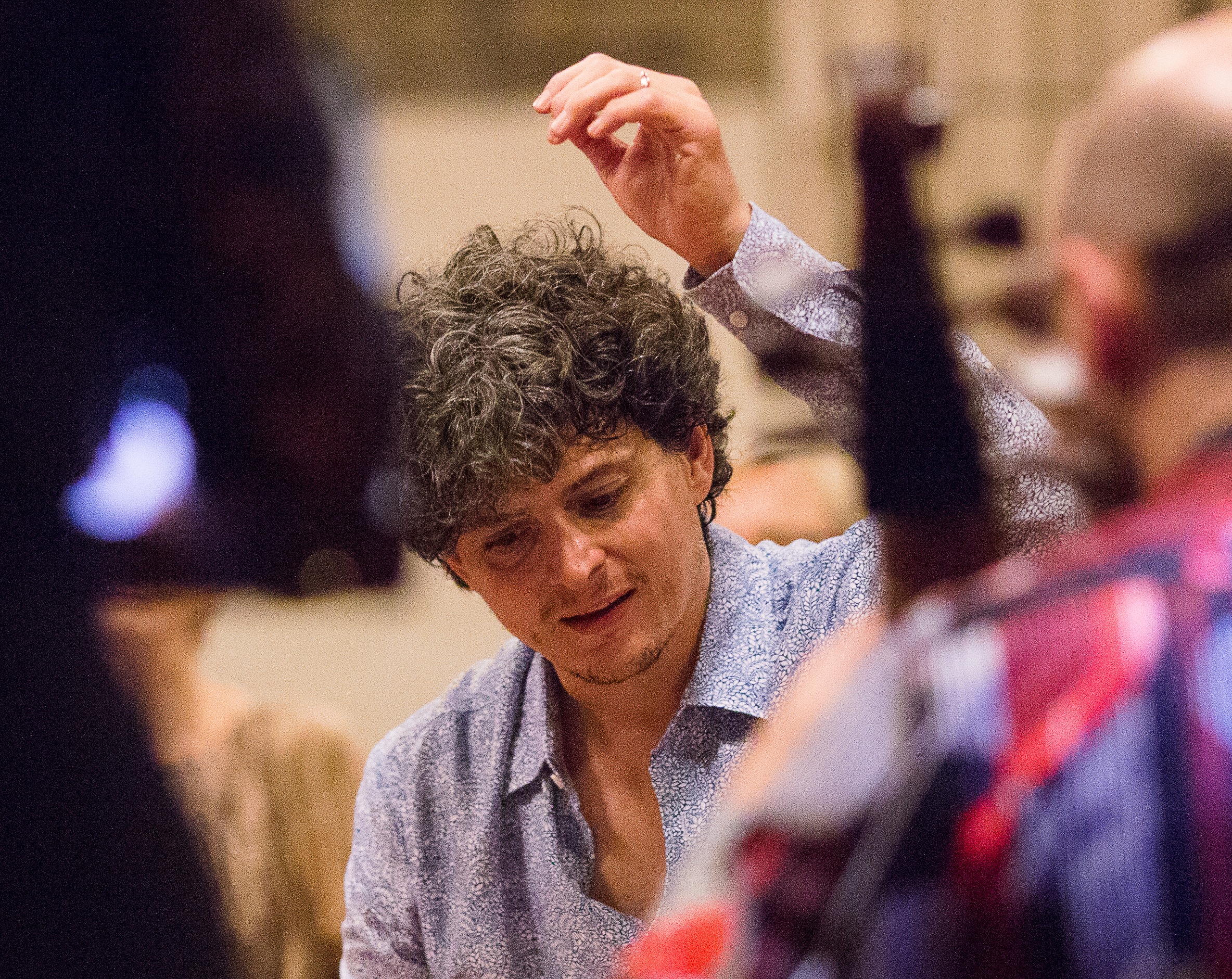This article is adapted from AQ’s special report on food security in Latin America
This last musical roundup of the year features music by Venezuelans living in Colombia, Colombians living in Italy and Argentina, and Brazilians living in the Netherlands, among other migrations. Many of these songs are from albums recently released by the Argentine label ZZK Records, which has developed an interesting and eclectic roster of musicians that straddles the electronic/traditional divide.
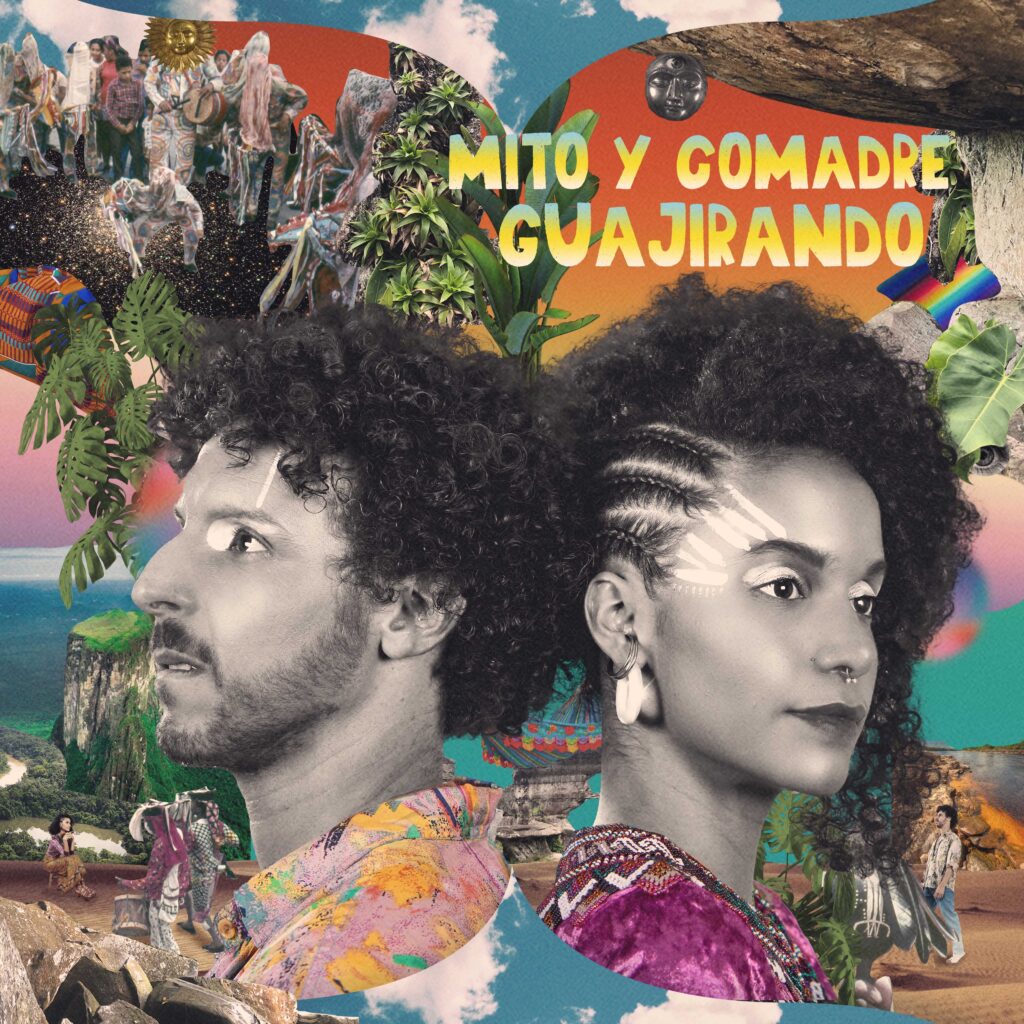
Guajirando
by Mito y Comadre
Mito y Comadre is a Venezuelan duo (Guillermo Lares and Shanna Hernández) formed in Bogotá in 2019. Lares is the son of renowned musicologist Oswaldo Lares, who recorded traditional music in the Caracas region for decades, and they have collaborated in the preservation of the repertoire. It is natural that the family’s research would influence Guillermo Lares’ music. The melancholy “Siento una pena,” the first single from Guajirando, was composed in Santa Marta as the duo remembered their hometowns and their respective sounds. Traditional-sounding guitar, drum, and marimba set the stage for Hernández’s voice as she reflects on her sorrow, alternating with a guitar reminiscent of the Amazonian cumbia band Los Mirlos.

7 Estrelas | quem arrancou o céu?
by Luiza Lian
Composer and singer Luiza Lian started her career in São Paulo’s independent music scene and has seen her profile rise over the last decade, releasing her fourth album (again on ZZK Records) in 2023. The electronic sounds in the longing “Homenagem” take over the instruments and the singer’s voice as the song progresses through a series of hypnotic repetitions.
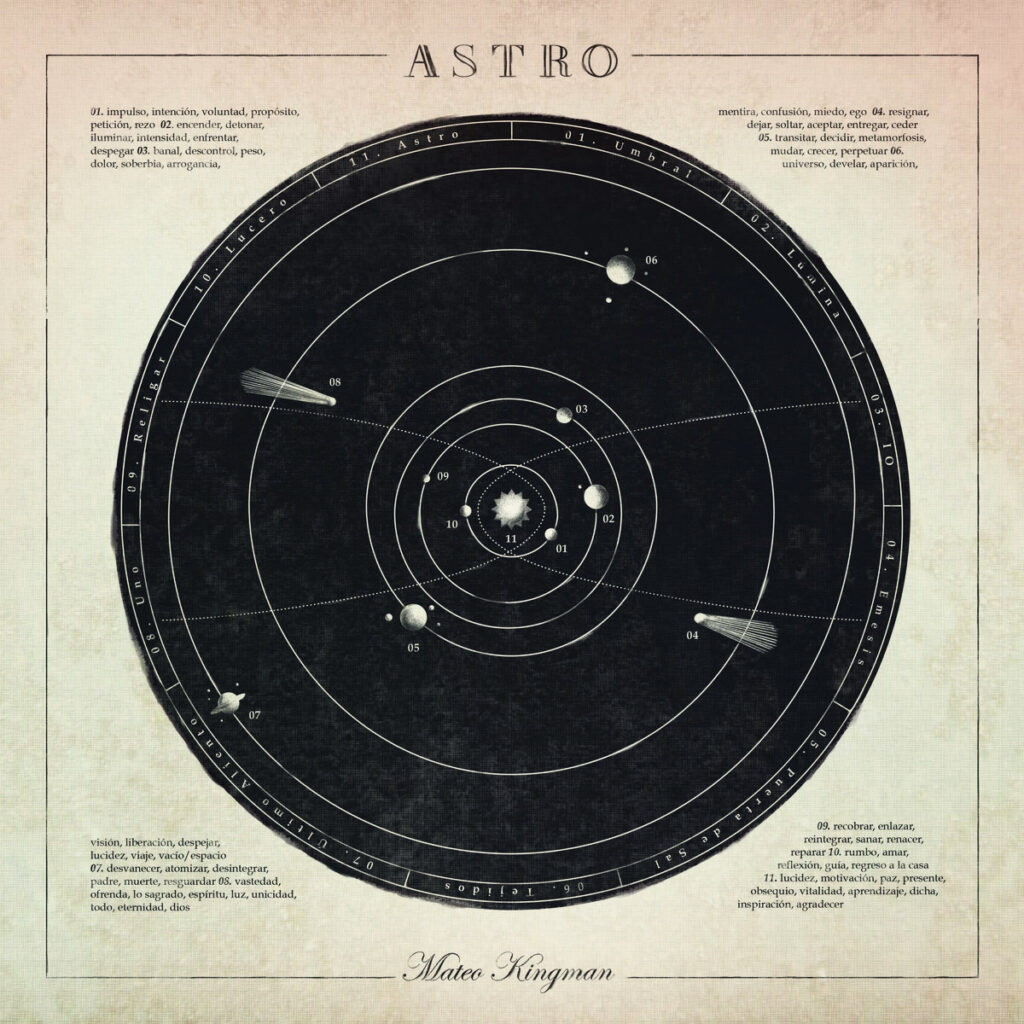
Astro
by Mateo Kingman
Mateo Kingman grew up in the Ecuadorian Amazon before moving to Quito in 2012. The melody in “Lúmina,” from his 2019 album Astro, spins so breathlessly to deliver a surreal tale of intergalactic travel. The composer creates moments of rhythmic repose—one in the middle and one at the end—that allow us to breathe and take in the carefully crafted musical details woven into the texture. The interaction of the solo voice with sampled choir creates a call and response texture not unlike that of traditional group-singing traditions in this formally original song that takes us on a journey, breaking the customary mold that often stifles pop songs.
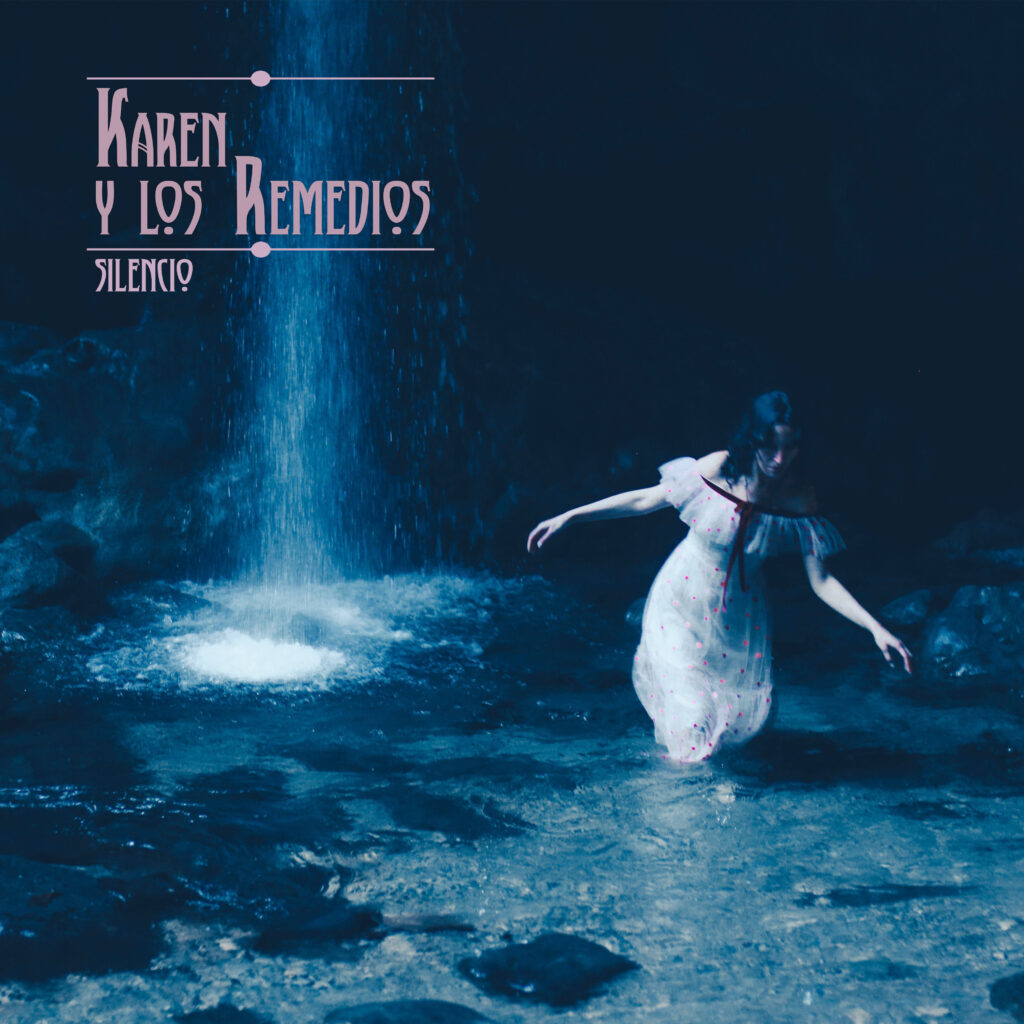
Silencio
by Karen y los Remedios
“Plexo lunar,” a heartbreak cumbia by the Mexican group Karen y Los Remedios, justifies the band’s claim that their music blends that genre with existentialism. Karen’s sorrowful overdubbed voices hover painfully over a sad and evocatively melodic bass line in this cumbia that is so slow that we fear it might disintegrate at any moment. The subtle use of percussion and a simple accordion line seem to be all that tethers us to the reality of the dance floor, where the protagonist cannot bring herself to completely let go of a lost love.
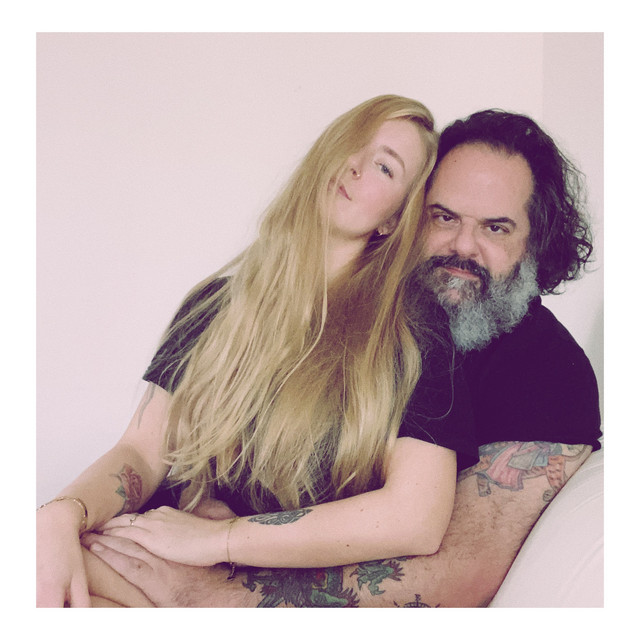
Gaia
by João Erbetta and Koosje
Sunnier, even cheerful songs by Brazilian guitarist and composer João Erbetta with Dutch singer Koosje remind us that hopeful, even romantic songs also exist. Erbetta is a guitarist and producer whose early projects have ranged from the neo-punk band Los Pirata in the 2000s to instrumental surf rock. His latest work on the soundtrack of the Netflix show Girls from Ipanema (Coisa mais linda is the much more evocative original Portuguese title) seems to have brought him closer to bossa nova, as we can hear in the sweet “Aprendizado de verão,” from their joint album Gaia, which one can imagine as the soundtrack for a walk alongside Rio de Janeiro’s Lagoa Rodrigo de Freitas, even though Erbetta is from São Paulo.
Listen to this AQ Playlist on Spotify.


